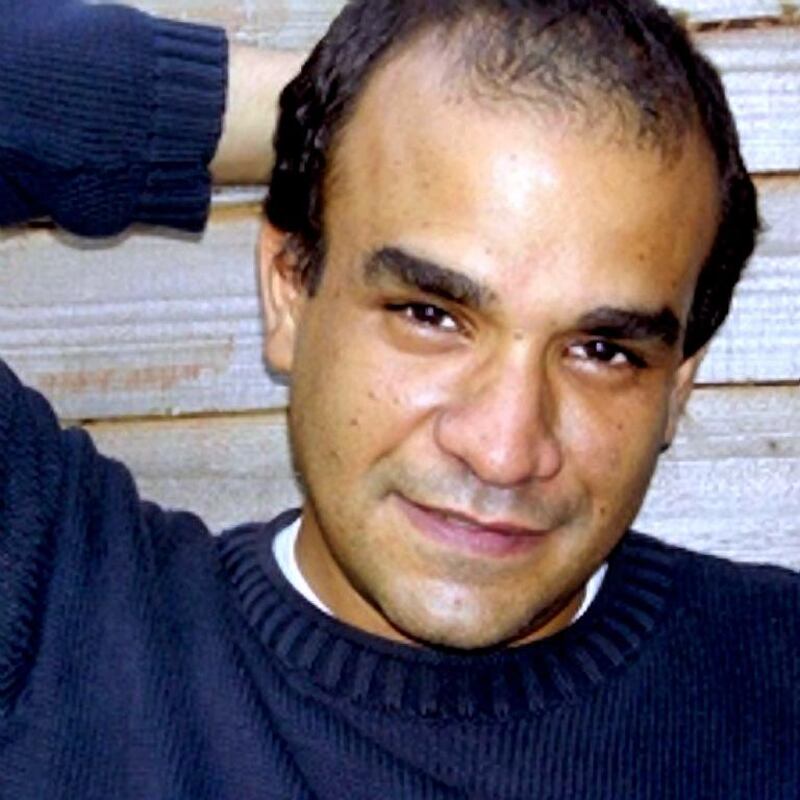A lot has been written about Egypt’s recent revolution, but few authors have presented the volatile atmosphere of the times with the same lyricism as Youssef Rakha.
His second book, The Crocodiles, has recently been translated into English and through its Beat-poetry style it casts a mournful gaze over the events of 2011.
“It was an intense time,” says Rakha, who was at the Abu Dhabi International Book Fair at the weekend. “It was a period where friendships were broken and you could easily tell someone to their face that they are a traitor.”
The defining hallmark of The Crocodiles is its prose style. Instead of chapters, it is presented in numbered paragraphs resembling a poem. Do you think of it as a novel?
Funny you mention that, because I did get an interesting response from Italy – they refused to publish it because it looks like a long poem. They said it wasn’t going to sell. I found that fascinating and almost like a compliment, because I didn’t consciously write it in that way. And yes, it is a novel.
The book has a musical quality to it. Why did you choose to present it in verse form?
At the very beginning I didn’t know what I was going to do. Once I had written a few pages, that’s when I made the decision on how to structure it. The writing is very connected to the Beat Generation, which is more bluesy and a precursor to jazz. This had its own share of challenges. I was trying to be clear, precise and economical.
The novel follows three jaded characters as they attempt to navigate an Egyptian society on the verge of exploding. How big a role did the revolution play in your writing?
The idea came before the revolution, actually. I guess what I was trying to do was to answer this question that was in my mind – how is it that people can be dishonest and act in certain ways when their intention is to be sincere? Then I started working on it and wandering around the local literary scene and checking it out, and the 2011 revolution happened. I took part in that and that became a constant motif within the book.
How do you feel when critics say The Crocodiles is akin to a memoir?
It is meant to give an impression that it is close to a factual account of the events that it is discussing – but it is actually totally made up, with the exception of certain dates and historical events.
The Crocodiles has a mournful tone throughout. Would you say it reflects the hangover from the Egyptian revolution?
It is not a hangover from the revolution but a hangover from the 20 years that led to the revolution. The revolution itself was the hangover. It was a tough period and people got categorised very easily and fights broke out and people just stopped talking to each other.
How did the revolution affect the Egyptian literary scene?
That is a difficult question and I am not in a position to say because I don’t know everything that is happening. From my impressions, I would say that it did have a negative interest in Arab literature, and people write less about books in general, and they are given less prominence in the media and that’s unfortunate.
• The Abu Dhabi International Book Fair at Abu Dhabi National Exhibition Center ends on Wednesday, May 13, at 10pm. Visit www.adbookfair.com
[ sasaeed@thenational.ae ]






